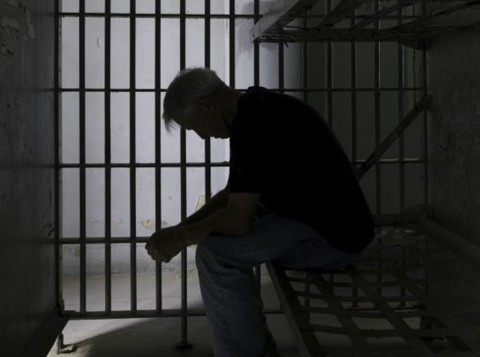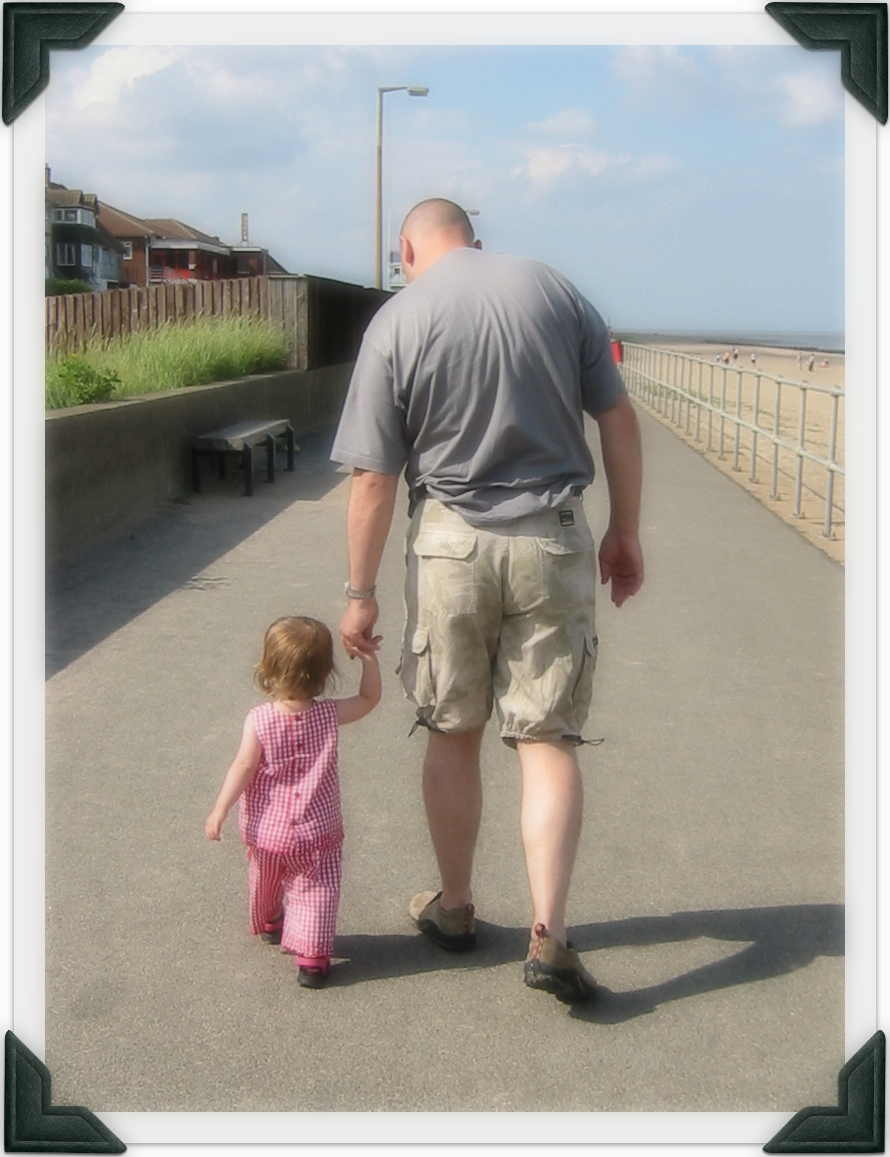Are we forgetting about one of our greatest treasures?
It is with great sadness that I realize that there has been a tremendous breakdown between the elderly and the youth in the last few decades. Gone are the days when Grandpa or Grandma would move in with son or daughter. Gone are the days when we honored the elderly. Now youth are more apt to think that the old can’t possibly understand anything they are going through and many of the older generation are responding by moving away somewhere to enjoy retirement. Even in our churches, we have separated the old and the young. We have traditional services and contemporary services. They may as well have the titles “Old” and “Young”. Instead of enjoying the support system that God has set up for us, we have become fractured and independent.
The thing that I find most interesting is that if we take the time to talk to someone, let’s say over 70, we will be amazed at how much they know and understand. You see, while technology and fashions change, our feelings and thoughts rarely do. They struggled with anger and forgiveness– just like us. They fell in love and had their hearts broken–just like us. They had kids who were challenges; they had financial struggles; they had church difficulties. Most of them have been through wars and civil unrest and the breakdown of the church. And they learned from all of these things. They came through them and have the hindsight that we so often wish we had! Why don’t we ask? It is my opinion that if we would humble ourselves and listen to some of the lessons they have learned and the advice many of them would willingly give we would all be in a much better place.
God makes it clear that we are to learn from godly older men and women. God set it up so that we become wiser as we grow older. So that by the time we have gray hair, it should be a crown of glory because it is an indication that we are walking in righteousness. Sure there are exceptions to this, but as a general rule, wisdom comes with age. But if the younger are too arrogant to learn from the older, then what good is the crown of glory to any of us?
Perhaps we should humble ourselves and learn from those who have walked the path of life before us. Perhaps the wisdom that surrounds us in the form of the older people in our lives is one of our greatest treasures.
Proverbs 16:31 The silver-haired head is a crown of glory, If it is found in the way of righteousness.
Titus 2:1-5 But as for you, speak the things which are proper for sound doctrine: that the older men be sober, reverent, temperate, sound in faith, in love, in patience; the older women likewise, that they be reverent in behavior, not slanderers, not given to much wine, teachers of good things— that they admonish the young women to love their husbands, to love their children, to be discreet, chaste, homemakers, good, obedient to their own husbands, that the word of God may not be blasphemed.










